Introduction to (rPET)
Products made from recycled PET play an essential role in today’s circular economy, as they help reduce waste, lower environmental impact, and support sustainable manufacturing. Because rPET is highly versatile, it is used across multiple industries, from packaging and textiles to construction and 3D printing. This article explores the most important products made from recycled PET and explains how each one contributes to a greener future.
Most importantly, recycled PET enters closed-loop recycling. This means PET bottles can become new bottles again without losing quality.
As a result, governments worldwide—including Oman—encourage PET recycling to support resource efficiency and environmental sustainability.
Products made from recycled PET are essential for building a modern circular economy and reducing plastic waste globally.
At Golden Future Recycling, we specialize in PET recycling, transforming discarded plastic bottles into high-quality rPET materials. Through advanced recycling processes and strict quality standards, we help reduce waste, support sustainability, and supply industries with reliable, eco-friendly recycled products.
Benefits of Using Products from PET Recycling
Why rPET-Based Products Are More Sustainable
PET (Polyethylene Terephthalate) is one of the most widely used plastics in the world—especially in beverage bottles, food containers, packaging trays, and textile fibers. Although PET waste can harm the environment, it becomes extremely valuable after recycling because it transforms into useful and sustainable products. As global industries move toward circular economy practices, recycled PET (rPET) is becoming a key material for eco-friendly manufacturing.
In this article, we will explore what products can be made from recycled PET, how each product is manufactured, why it matters for sustainability, and why companies in Oman—especially those working toward Vision 2040 goals—are increasingly shifting to rPET solutions.
This guide is designed for Golden Future Recycling and optimized to achieve strong performance on Google ranking.
Because these products reduce carbon emissions, items made from recycled PET help both manufacturers and consumers support sustainability.
Most Common Products Made from Recycled PET
Many companies in the GCC are increasingly demanding products made from recycled PET because they offer strong performance and lower environmental impact.
1. rPET Fibers (Polyester Fibers)
Applications: clothing, carpets, upholstery, and textiles
One of the most common uses of recycled PET is producing polyester fibers. These fibers are used in:
- T-shirts
- Jackets and sportswear
- School uniforms
- Carpets and rugs
- Sofa and furniture fabrics
- Automotive seat covers
- Pillows and cushions
How It’s Produced
After PET bottles are cleaned and shredded, they are melted and stretched into thin fibers. These fibers are then spun into yarn and woven into fabric. Because rPET fibers have strong durability, they offer a long-lasting alternative to traditional cotton or virgin polyester.
These rPET fibers are one of the most widely used products made from recycled PET, especially in sustainable textile production.
Why It Matters
- Reduces textile waste
- Saves energy compared to virgin polyester
- Supports sustainable fashion
- Decreases dependence on petroleum
2. Recycled PET Bottles & Food-Grade Packaging
Applications: new water bottles, juice bottles, food containers
Thanks to advanced recycling technologies, PET can be turned back into food-grade bottles. This process is called “bottle-to-bottle recycling”.
How It Works
Special high-temperature and chemical purification processes remove impurities, making the material safe for new food-contact products.
Where It’s Used
- Drinking water bottles
- Juice and soft drink bottles
- Oil and vinegar bottles
- Clear food containers and trays
Why It Matters
- Creates a closed-loop recycling system
- Reduces demand for new plastic
- Helps companies meet sustainability regulations
Today, many brands require a minimum percentage of rPET in their packaging, which increases global demand dramatically.
This type of packaging is among the fastest-growing products made from recycled PET worldwide.
3. rPET Strapping (Plastic Straps for Packaging)
Applications: securing boxes, pallets, shipping materials
Recycled PET is widely used to produce industrial strapping, which is strong, flexible, and resistant to weather conditions.
Industries Using PET Strapping
- Logistics companies
- Shipping warehouses
- Construction materials
- Industrial supply chains
- Agricultural product packaging
Benefits
- High tensile strength
- Cost-effective
- Lightweight
- Rust-free (better than metal straps)
This product is extremely popular because PET straps maintain strength even under heavy loads.
4. Recycled PET Sheets & Films
Applications: thermoforming trays, packaging films, display sheets
rPET sheets are flat plastic sheets created from recycled PET pellets. These sheets are formed into:
- Bakery trays
- Fruit and vegetable boxes
- Electronic blister packaging
- Cosmetic product packaging
- Disposable food containers
- Protective films and industrial layers
Why Manufacturers Use It
Because rPET sheets have excellent clarity and good impact strength, they replace virgin plastic in many packaging industries. Moreover, they help brands deliver environmentally responsible products.
5. Recycled PET Pellets (Raw Material for Production)
rPET pellets are the primary output of PET recycling factories. These pellets can be sold to manufacturers to create several types of products including:
- Injection molding items
- Packaging materials
- Textile fibers
- Bristles for brushes
- Containers and trays
- Films and laminates
Advantages of rPET Pellets
- High purity
- Reusable in multiple industries
- Lower carbon footprint
- Strong global market demand
Golden Future Recycling can focus on producing premium-grade pellets to supply industries across Oman and the GCC.
6. Recycled PET for 3D Printing Filaments
Applications: hobby, industrial prototyping, product design
With the growth of 3D printing, recycled PET is now used to create rPETG 3D printing filaments. These filaments offer:
- High strength
- Good temperature resistance
- Smooth printing performance
- Eco-friendly material option
Industries Using rPET Filaments
Future Market Outlook for Products Made from Recycled PET
- Engineering
- Industrial modeling
- Universities and research projects
- Product design and architecture
- Small manufacturing workshops
This emerging sector creates new opportunities for Omani recycling companies.
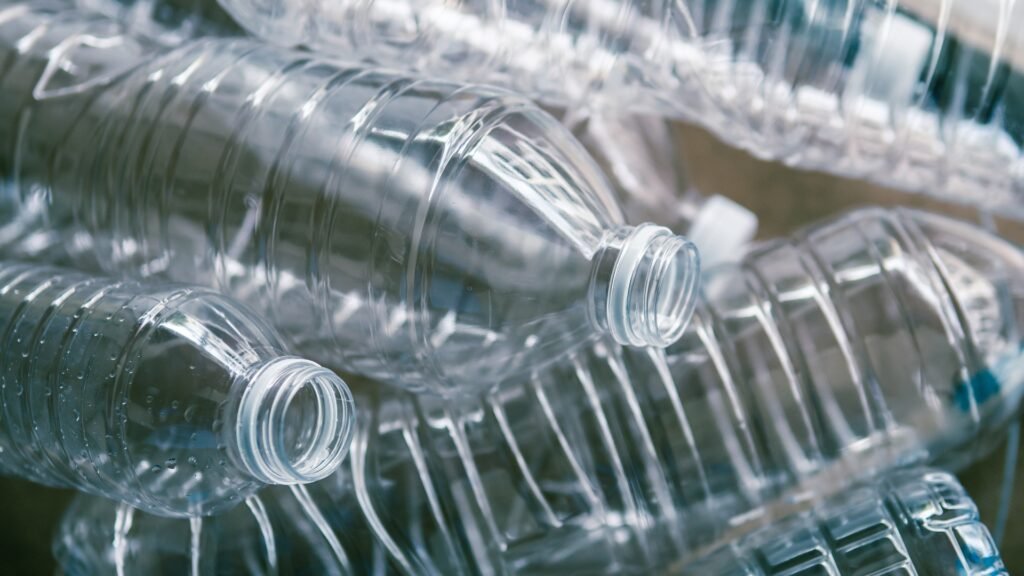
7. Automotive Components Made from rPET
Today, many global car manufacturers use recycled PET because it is lightweight, strong, and cost-effective. Common rPET-based automotive components include:
- Seat fabrics
- Door panel linings
- Carpet mats
- Sound-insulation materials
- Seat belt webbing
- Trunk liners
Why the Automotive Sector Prefers rPET
Because recycled PET reduces vehicle weight, fuel efficiency improves. Additionally, manufacturers meet their sustainability requirements.
8. Home & Office Products from Recycled PET
rPET is also used for producing several everyday consumer products such as:
- Kitchen containers
- Reusable water bottles
- Storage boxes
- Stationery items (files, folders, clipboards)
- Chair seats and backs
- Laptop bags and cases
These products help consumers participate in sustainability and reduce plastic waste.
9. Construction Materials Using Recycled PET
Innovative companies around the world now convert rPET into construction materials including:
- Composite roof tiles
- Plastic lumber (eco-wood)
- Insulation boards
- Wall panels
- Interlocking bricks
- Outdoor furniture
Benefits to Construction Industry
- Waterproof
- UV resistant
- Lightweight
- Long-lasting
- Low maintenance
For Oman’s climate, PET-based construction materials are extremely useful, especially for hot and coastal environments.
10. rPET Used for Filtration & Industrial Applications
Industries That Depend on Recycled PET Products
Recycled PET fibers are used in producing:
- Air filters
- Water filtration systems
- Industrial felt
- Non-woven fabrics
- Geotextiles for civil engineering
These products support industries like agriculture, construction, waste management, and water treatment.
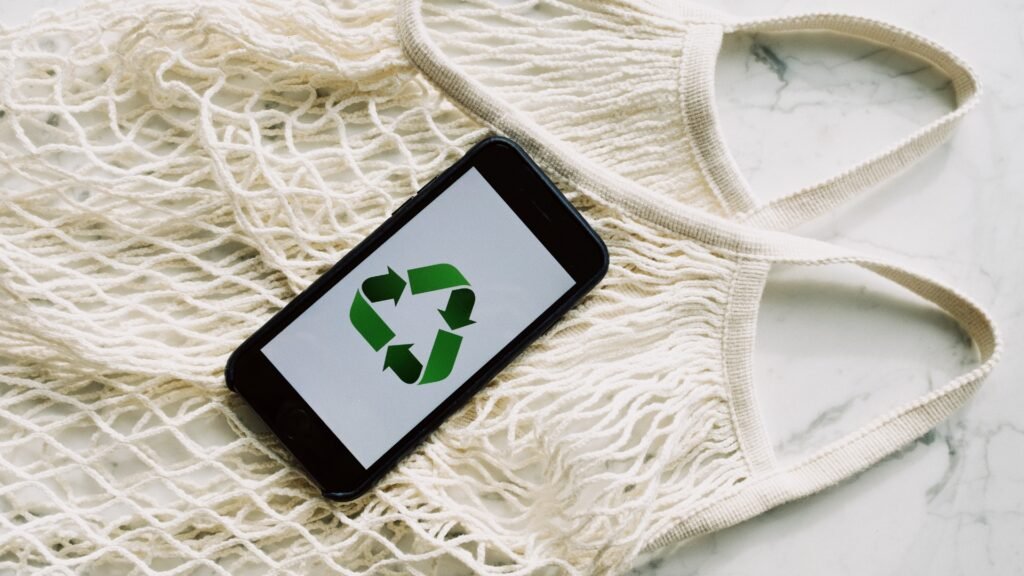
Environmental Benefits of Recycled PET
Using rPET instead of virgin plastic offers major environmental advantages:
1. Reduces CO₂ emissions
Producing rPET uses up to 70% less energy.
2. Decreases landfill waste
PET takes hundreds of years to decompose.
3. Supports circular economy
Waste becomes a raw material again.
4. Reduces dependence on oil
Virgin plastic production relies heavily on petroleum.
5. Helps Oman achieve Vision 2040 sustainability goals
Recycling industries are important for green industrial development.
Why Oman Needs Strong PET Recycling Now؟
Golden Future Recycling can play a major role in Oman’s sustainability program because:
- PET waste is increasing with population growth
- Tourism and hospitality industries create large bottle waste
- Schools, hospitals, and public sectors produce recyclable PET daily
- Vision 2040 encourages green industries
- Recycled PET creates new jobs and economic diversification
Oman has the perfect opportunity to become a recycling leader in the GCC.

Summary & Insights
Recycled PET is no longer just waste—it is a valuable material that powers industries around the world. From textile fibers and packaging to automotive parts and 3D printing filaments, rPET transforms environmental challenges into economic opportunities. By supporting recycling initiatives and adopting rPET products, Oman can reduce waste, protect natural resources, and contribute to global sustainability.
Golden Future Recycling can lead the way by producing high-quality rPET materials, partnering with industries, and educating communities.
The global market for products made from recycled PET continues to grow as technology improves and sustainability regulations expand.
About the Author
Amir Rizvandi is a Senior Digital Marketing executive and an active professional across various industries throughout the GCC region. With over a year and four months of specialized research in the recycling sector, he combines sustainability-focused insights with advanced digital marketing knowledge. His multidisciplinary experience enables him to create high-impact strategies, support eco-friendly initiatives, and contribute to the growth of green industries across the Middle East.
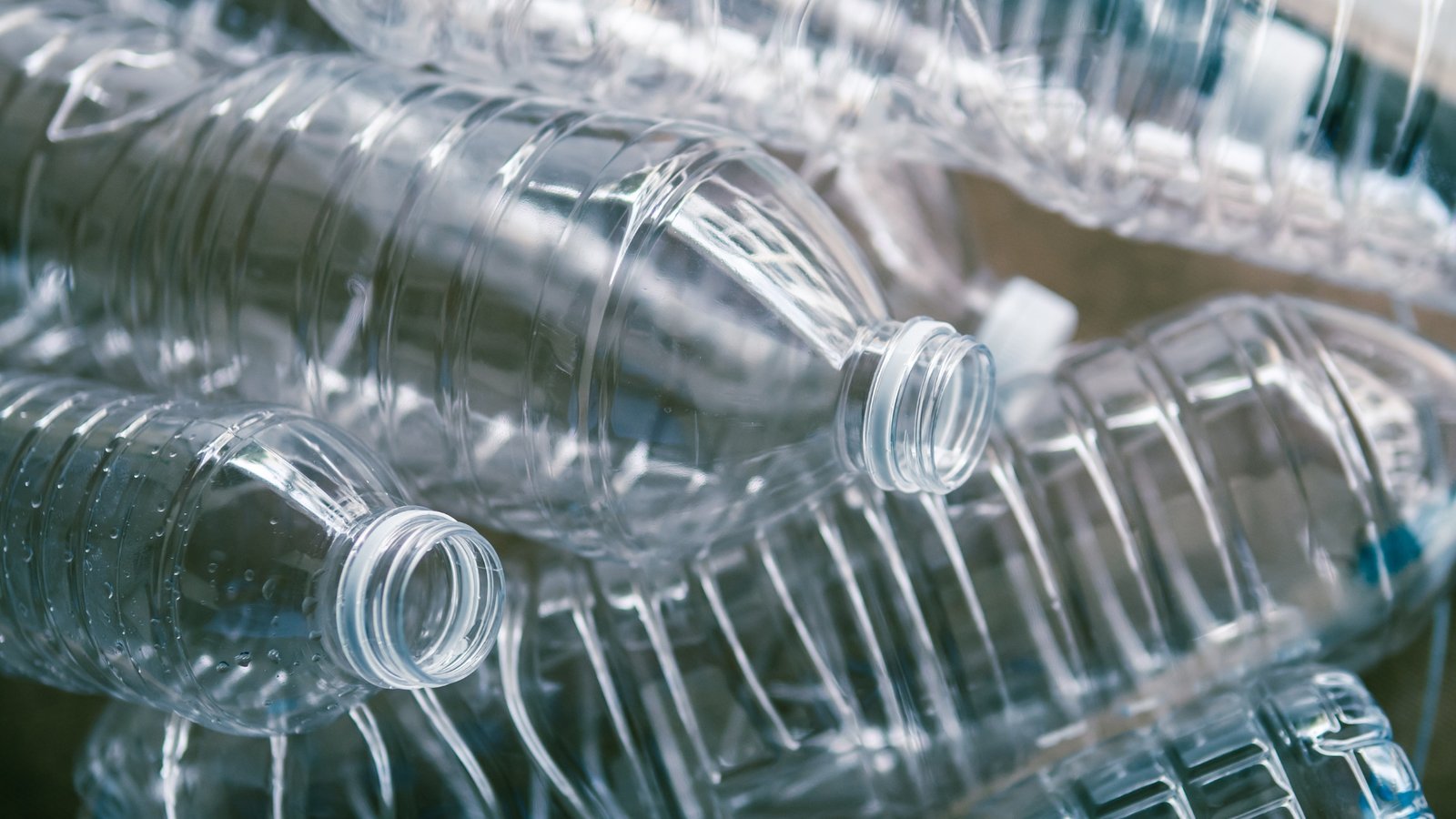
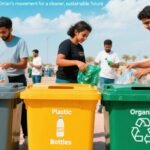

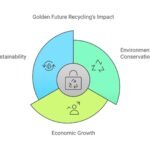

Leave a comment